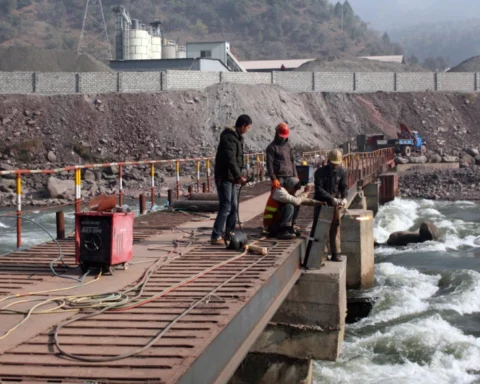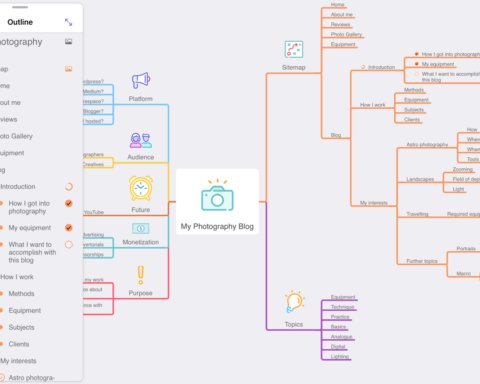An inevitable topic for discussion at this year’s conference will, of course, be the response of the UK’s creative industries to the pandemic.
The cultural impact of COVID-19
Covid-19 has cancelled live performances, restricted travel, and massively reduced audience capacities. Even outside of lockdown, it has led to the need for significant investment in cultural recovery, and to sustain an industry estimated to be worth more than £100 billion a year to the UK.
But this vital sector for our economy has also worked incredibly hard to get through the crisis. Technological innovation has undoubtedly helped the creative sector. But how do we hold on to what we have learnt from the lessons of the pandemic to inform a better future?
The pandemic hit just when technologies such as immersive, virtual reality, and new music, film, TV and visitor experiences were beginning to come into their own. We saw that in the museum and gallery sector, and in opera, just as examples.
And this creativity grew ever more sharply relevant through lockdown. Many UK Research and Innovation (UKRI) Audience of the Future demonstrators were mid-programme but moved swiftly, for example, the RSC, to fully virtual experiences.
Resilience and support
We’ve supported this creativity through investments funded by UKRI’s Covid rolling call, and also through the Arts and Humanities Research Council’s joint research project with the Department for Digital, Culture, Media and Sport. We’ve been running a series of workshops and events as part of Boundless Creativity which explore how cultural organisations have been resilient and innovative in re-imaging live performance. This has also focused on the challenges of how to commercialise digital offerings, and how to think about digital platforms in a hybrid model, to transition back to live performance.
And, after the pandemic? Even in the world of live performance, the new normal is likely to be different. Smaller audiences will make a huge impact on business models and can quickly make events unsustainable once furlough and cultural recovery funds are not available.
Can better design play a part?
So, here too, innovation has a role to play. What is the science of infection in static closed places? What is the science of droplet transmission with different kinds of performance or instruments? Does a play need different rules from an opera?
And what does the architecture of a safe theatre look like? How can one minimise problems by audience control, engineered solutions or architectural transformation? As we seek to manage risk, it is likely that across a range of practical applications and interdisciplinary research and innovation can bring better design principles to bear.
How do we see the future post COVID-19?
When we imagine a future beyond COVID-19, most of us hope the new world will be a better one. The responses to the pandemic, including more sharing of virtual material, online performances and online visits, have opened up culture to a greater audience than before, overcoming barriers to access. We also know that culture has played an important part in people’s wellbeing, and can play a role in health more generally, which has significant potential economic benefit.
I see the future of the creative sector providing more opportunities than it does limits. I see a hybrid future which returns to and embraces safe, live performances as well as further developing the innovation which was under way before the pandemic, and has accelerated during it, into a future where culture is deployed in exciting ways to the benefit of all.
But that requires intelligent business models to accompany technological innovation. Across audience research, managing digital platforms and competing on an international stage, we need the combination of business and innovation to drive research into creativity, and we need this mix to work for the creative industries and the cultural sector.
The prospect of a highly competitive and global market is a challenge – but one which the UK will be well placed to meet if UKRI continues to convene and catalyse the whole sector to work together.
That’s why BEYOND is important as a forum: it offers a platform for the creative industries, researchers, innovators and business partners to come together and imagine a better future.




